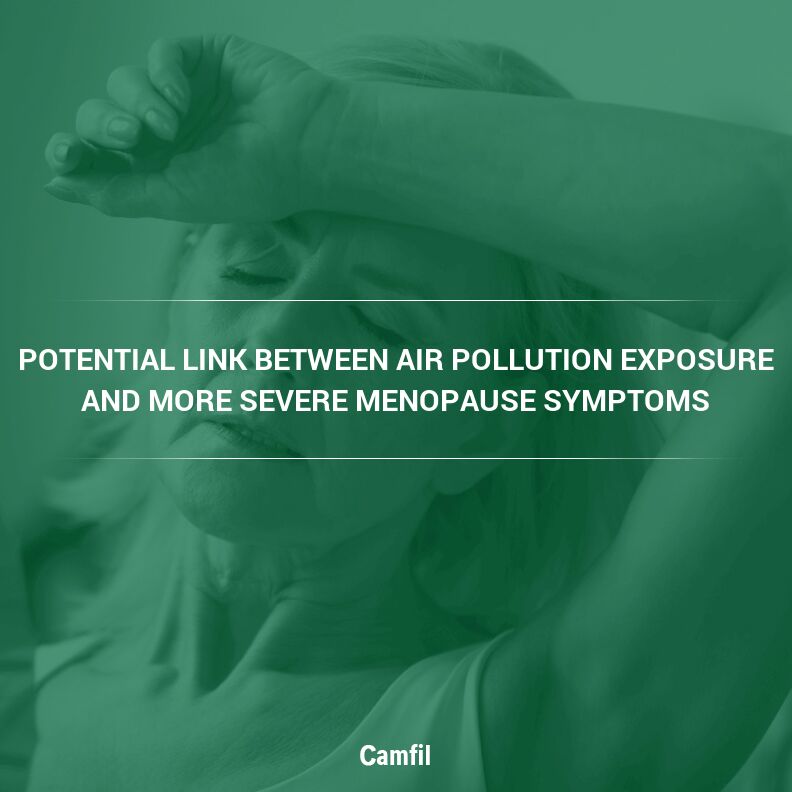
New Study Shows Potential Link Between Air Pollution Exposure and More Severe Menopause Symptoms
Menopause marks a significant transition in a woman’s life, bringing with it a host of physical and emotional changes in addition to increasing risk for injuries and diseases. While many factors can influence the onset and severity of menopausal symptoms, a 2024 study published in the journal Science of Total Environment found that long-term air pollution exposure may affect hormone levels during menopause, potentially leading to increased severity of symptoms such as hot flashes and sleep difficulties.
In this article, air quality experts from Camfil explain the findings and implications of the study and provide insights about how women can protect themselves from the potential negative effects of air pollution during this important life stage.
A Brief Explanation of the Menopausal Transition
Menopause is defined as the natural biological process marking the end of a woman’s menstrual cycles and reproductive years, typically occurring between the ages of 45 and 55. Menopause is officially reached after 12 months without a menstrual period.
The menopausal transition, commonly referred to as perimenopause, typically begins several years before full menopause is reached and is characterized by decreases in the production of estrogen and progesterone. This phase can last between four to ten years, during which women may experience a range of symptoms, including irregular menstrual cycles, mood swings, and changes in metabolic rate. As estrogen levels decline, many women also...
Read Full Story: https://cleanair.camfil.us/2024/07/10/new-study-shows-potential-link-between-air-pollution-exposure-and-more-severe-menopause-symptoms/
Your content is great. However, if any of the content contained herein violates any rights of yours, including those of copyright, please contact us immediately by e-mail at media[@]kissrpr.com.